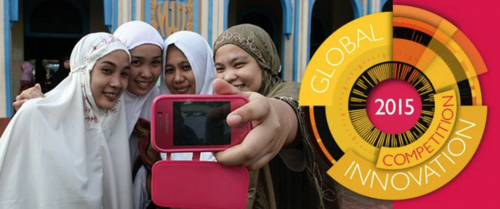
Photo credit: Making All Voices Count
On September 15, Making All Voices Count (MAVC), a global initiative that aims to create opportunities for new ideas and technologies that strengthen citizen engagement and government responsiveness, is launching its second Global Innovation Competition (GIC). In this year’s competition, Making All Voices Count is seeking ideas relating to four themes, including legislative openness.
£300,000 in grants are available to winners who propose projects in a limited set of countries: Ghana, South Africa, Kenya, Indonesia, the Philippines, Liberia, Tanzania, Bangladesh, Pakistan, Mozambique, Uganda and Nigeria.
This announcement comes on the heels of the Global Legislative Openness Week (GLOW), being organized by the Legislative Openness Working Group of the Open Government Partnership, that will see events and conversations relating to legislative openness happening around the world. The GIC offers an important platform to help translate many of these discussions into new tools and innovations to help parliaments better represent citizens, and to help citizens better engage and communicate with their elected representatives.
You can read more about the competition at MAVC’s website.